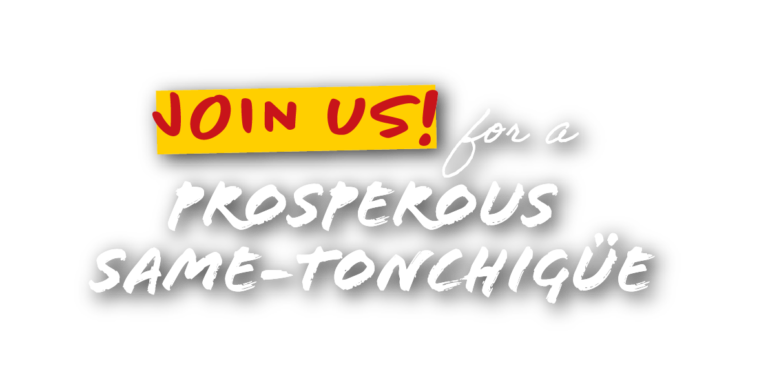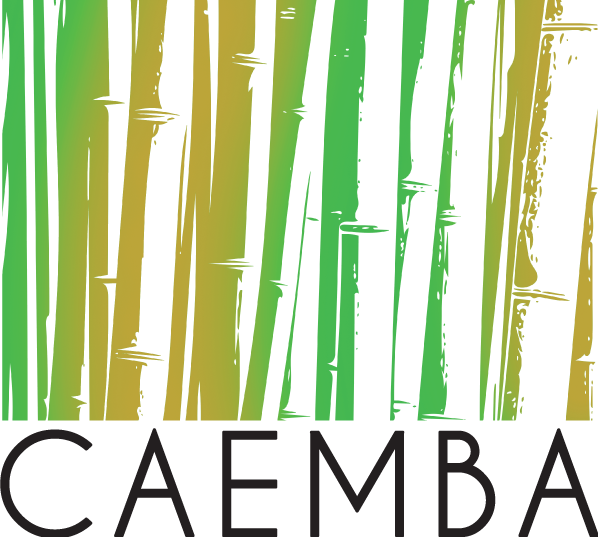
A Model for Change in Ecuador and the World
Prosperous Same-Tonchigüe is more than a project; it is the first replicable model aimed at transforming vulnerable communities across Ecuador. With your support, we are building a more equitable and sustainable future from the ground up.
Same-Tonchigüe - The Dream Begins Here
Same and Tonchigüe are territories full of potential. However, decades of exclusion have left these communities facing challenges such as extreme poverty, unemployment, and insecurity. Young people without opportunities often fall into criminal networks, while local families struggle for a more stable future.
Beyond these obstacles, there are solutions that we build together as a community.
At Fundación Raíz CAEMBA, we work hand in hand with the community, the local government, allied NGOs, and the private sector, with funding from Citi Foundation, to create a replicable model that proves it is possible to transform the reality of vulnerable communities.
Housing as the Starting Point for Transformation
At Raíz-CAEMBA, we believe that social change starts with a dignified home. A house is not just a place to live; it is the foundation for building a prosperous life. It provides families with stability, security, and opportunities. That is why our intervention goes beyond building houses—we work alongside the community to transform lives holistically.
Main pillars of the program:
Dignified Housing as a Catalyst for Change
Goal: Build 150 CAEMBA homes—sustainable bamboo houses. These homes not only provide security and well-being but also allow families, especially women, to focus on their personal, economic, and social development.
Women’s Empowerment
We support 150 women in obtaining dignified housing and legal ownership of land in their name, giving them assets that strengthen their economic independence and open doors to new opportunities.
Entrepreneurship and Employability
Training for 250 people in tourism-related skills and seed funding for 70 entrepreneurs to promote economic self-sufficiency.
Sports for Life
Expanding this program to 400 young people, creating safe spaces where they can develop physically and mentally, away from social risks.Safe Water
Installing 500 biosand filters to ensure safe drinking water, improving families’ health and reducing bottled water expenses.
An Award-Winning Innovative Project
Prosperous Same-Tonchigüe was selected by Citi Foundation as one of the winners of the prestigious Global Innovation Challenge (insert hyperlink), an award given to initiatives that address critical social issues worldwide.
«Interventions with a significant impact are difficult to find. Citi Foundation is investing in these organizations as part of the 2024 Global Innovation Challenge because we believe they have the potential to launch and scale solutions that can make a difference.» — Citi Foundation
We are the first Ecuadorian organization to receive this recognition, reaffirming the potential of our model to be replicated across the country.
A Model for All of Ecuador
What we are achieving in Same and Tonchigüe is just the beginning. This model is designed to be replicable, adapting to the needs of other vulnerable communities in Ecuador. Whether you live in Same, Quito, or visit the area as a tourist, this project aims to build a country where all communities can grow and prosper.
Key Data
150 Homes:
Transforming the lives of families in extreme poverty.
70 Local Businesses:
Boosting the economy from the ground up.
500 Biosand Filters:
Improving community health.
8,000+ People Impacted:
Demonstrating the power of unity.
Donate a House:
Create Your Own Fundraising Campaig:
Support with Biosand Filters:
Participate as a Volunteer:
Together, We Can Build a More Prosperous Ecuador
This project is more than just a local effort—it is an invitation for the entire country. With your support, Prosperous Same-Tonchigüe can become the first step in a national transformation. Every house, every training, and every biosand filter is a key piece in building a more equitable, sustainable, and opportunity-filled Ecuador.


